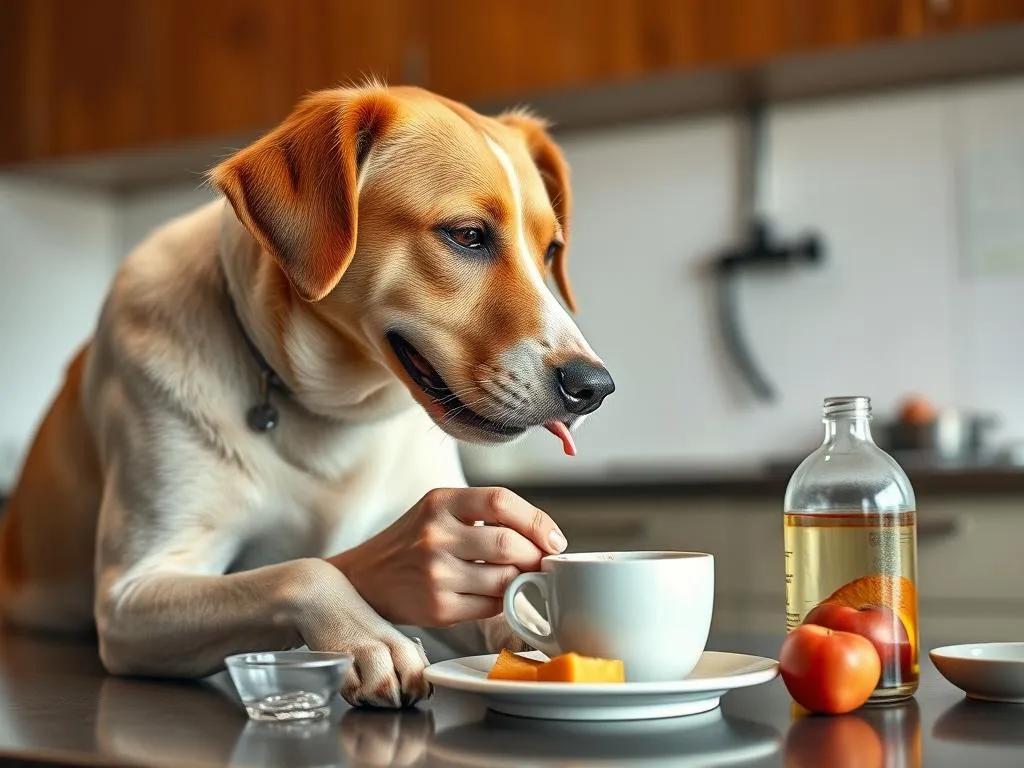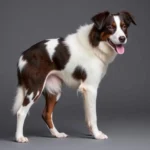
Spaying and neutering are critical procedures that contribute significantly to a pet’s overall health and well-being. These surgical interventions not only help manage the pet population but also provide numerous health and behavioral benefits. As a responsible pet owner, understanding the pre-operative dietary guidelines for your dog is essential, especially when it comes to eating and drinking for dogs prior to spaying/neutering. This article will address the main question: “What should I know about my dog’s eating and drinking habits before surgery?” Additionally, it’s crucial to recognize the role of your veterinarian in providing personalized advice tailored to your pet’s specific needs.
Understanding Spaying and Neutering
What are Spaying and Neutering?
Spaying refers to the surgical procedure performed on female dogs, where the ovaries and usually the uterus are removed. Neutering, on the other hand, is the equivalent procedure for male dogs, involving the removal of the testicles. Both surgeries are typically performed under general anesthesia and involve making incisions to remove the reproductive organs.
The primary purposes of these procedures include population control and the prevention of certain health issues. By spaying or neutering your dog, you can help combat the pet overpopulation crisis while promoting long-term health benefits.
Benefits of Spaying/Neutering
The advantages of spaying and neutering are numerous and include:
- Health Benefits: These procedures can help prevent certain cancers, such as mammary tumors in females and testicular cancer in males. They also reduce the risk of infections in the reproductive tract.
- Behavioral Benefits: Spaying and neutering can lead to a decrease in aggressive behaviors, reducing tendencies to mark territory, and minimizing the likelihood of roaming in search of a mate.
- Community Benefits: By spaying and neutering pets, communities can work towards controlling the pet population, which in turn reduces the number of animals in shelters and on the streets.
Preparing for the Surgery
Pre-operative Instructions from the Vet
Before your dog undergoes spaying or neutering, your veterinarian will provide specific pre-operative instructions. It’s crucial to follow these guidelines carefully, as they are tailored to your dog’s individual health and circumstances. Generally, the pre-surgery preparation timeline spans a few days to ensure your dog is ready for the procedure.
Eating Guidelines Before Surgery
One of the key aspects of preparing your dog for surgery is adhering to the eating guidelines before surgery. Most veterinarians recommend fasting your dog for about 8-12 hours prior to the operation. This fasting is essential to minimize the risk of complications during anesthesia.
If your dog eats right before surgery, there are potential risks, such as:
- Vomiting: Anesthesia can cause nausea, and if your dog has food in its stomach, it may vomit during or after the procedure.
- Aspiration Pneumonia: This is a serious condition that can occur if food or vomit is inhaled into the lungs, leading to infection.
In cases where your dog has dietary restrictions or health issues, consult with your vet for tailored advice.
Drinking Guidelines Before Surgery
Alongside eating, it’s important to understand the drinking guidelines before surgery. Typically, your vet will advise that water should not be given after midnight prior to the surgery. The rationale behind this restriction is similar to that of food – to minimize the risk of complications during anesthesia.
However, if your dog has specific health conditions, such as diabetes or kidney issues, it’s essential to discuss these concerns with your veterinarian. They may provide different recommendations to ensure your dog’s health is prioritized.
Common Concerns and FAQs
What if My Dog Accidentally Eats or Drinks?
If your dog accidentally consumes food or water before the scheduled surgery, it’s important to inform your veterinarian immediately. Depending on how close it is to the surgery time, the vet may decide to reschedule the procedure to prioritize your dog’s safety.
Can I Give My Dog Medications Before Surgery?
When it comes to administering regular medications before surgery, the general rule is to consult your veterinarian. Some medications can be given with a small amount of food or water, while others may need to be withheld. Always inform your vet about any medications or supplements your dog is currently taking, as this can affect the anesthesia and overall surgical process.
What About Older or Sick Dogs?
Special considerations must be taken for older dogs or those with existing health issues. These pets may require tailored fasting and hydration guidelines based on their health status. Your veterinarian will assess their condition and provide specific recommendations to ensure their safety before surgery.
Post-Surgery Care
Diet After Surgery
Once your dog has undergone the spaying or neutering procedure, it’s crucial to monitor their diet carefully. Initially, you may want to offer a soft diet to ease them back into eating. Gradually reintroducing their regular food is recommended, paying close attention to how they respond.
Monitoring for any adverse reactions, such as vomiting or diarrhea, is also essential during this transition. If you notice any concerning symptoms, don’t hesitate to contact your vet for guidance.
Hydration After Surgery
Reintroducing water after surgery is equally important. Start by offering small amounts of water to your dog. Observe their behavior and ensure they are drinking adequately. Signs of dehydration to watch for include:
- Dry gums
- Lethargy
- Loss of appetite
- Skin tenting (if you gently pinch the skin on the back of the neck, it should return to normal quickly)
If your dog shows any signs of dehydration or doesn’t drink water, consult your veterinarian for advice.
Follow-Up Care
Follow-up care is vital for a smooth recovery post-surgery. Your vet will likely schedule a follow-up visit to check on your dog’s healing process. During recovery, keep an eye out for any unusual behaviors or signs of complications. Some things to monitor include:
- Excessive swelling or redness at the surgical site
- Persistent vomiting or diarrhea
- Difficulty breathing
If any of these signs occur, reach out to your vet immediately for further evaluation.
Conclusion
Understanding proper eating and drinking for dogs prior to spaying/neutering is a critical aspect of ensuring your pet has a safe and successful surgical experience. By following your veterinarian’s guidelines and preparing adequately, you can minimize the risks associated with anesthesia and promote a smooth recovery.
Always consult your vet for personalized advice, as they play an essential role in your pet’s health and well-being. If you have any specific questions or concerns regarding your dog’s needs before surgery, reach out to your veterinarian for assistance.









